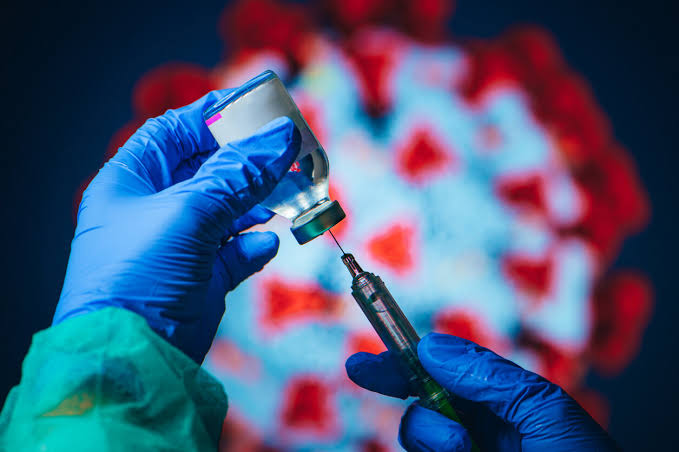India to restart Penicillin G manufacture

- 09 Mar 2024
Why is it in the News?
India will start manufacturing the common antibiotic Penicillin G later this year, three decades after the country’s last plant shut down, Union health minister Mansukh Mandaviya announced last week.
What is Penicillin G?
- Penicillin G serves as a key active pharmaceutical ingredient (API) utilized in the production of various common antibiotics.
- Its molecular formula is C16H18N2O4S.
- Penicillin G (potassium or sodium) is an FDA-approved antibacterial medication primarily indicated for treating severe bacterial infections like pneumonia, meningitis, gonorrhea, syphilis, among others.
- This natural penicillin antibiotic is typically administered intravenously or intramuscularly due to limited oral absorption.
- Additionally, Penicillin G may be employed in certain instances as prophylaxis against susceptible organisms.
Why did Penicillin Manufacturing Stopped in India?
- The discontinuation of Penicillin G production in India, along with numerous other active pharmaceutical ingredients (APIs), resulted from the influx of cheaper Chinese products driven by subsidies.
- Torrent Pharma in Ahmedabad was the final plant to halt Penicillin G production, with at least five companies, including Torrent, manufacturing the antibiotic in the country during the 1990s.
- In the early 1990s, India boasted nearly 2,000 API manufacturers, while approximately 10,000 units produced formulations. However, the allure of cheaper Chinese alternatives grew, particularly with the relaxation of customs rules during the country's economic liberalization.
- The Drug Prices Control Order, which imposed price caps on essential medicines, further incentivized companies to opt for cheaper imported products.
- While India previously sold Penicillin G for around Rs 800 per kg, China drastically reduced prices to nearly Rs 400 per kg, rendering domestic manufacturing economically unviable.
Why the Delay in Restarting Production?
- Lack of Urgency: Despite awareness within the industry and government about the decline in API production in India due to the availability of cheaper alternatives globally, there was limited emphasis on restarting domestic production.
- The supply chain disruptions caused by the pandemic highlighted the need for self-reliance, prompting the government to launch initiatives like the PLI scheme to bolster domestic manufacturing.
- High Initial Investment: API manufacturing, particularly for fermented compounds like Penicillin G, entails significant upfront costs.
- Establishing a production facility requires substantial capital investment, with companies often needing several years to break even.
- Dominance of China: China has emerged as a dominant supplier, significantly expanding its manufacturing capacity over the past three decades.
- Competing with Chinese prices would necessitate substantial investments in larger facilities.
What's the Impact of PLI Schemes?
- Reduction in API Imports: Since the implementation of the PLI scheme, there has been a notable decrease in API imports.
- For instance, the import dependency for paracetamol, which was previously two-thirds of the required volume, has now halved.
- Incentive Structure: The PLI scheme offers incentives structured as follows:
- 20% support for the first four years, gradually reducing to 15% in the fifth year and 5% in the sixth year for eligible sales of fermentation-based bulk drugs like antibiotics, enzymes, and hormones such as insulin.
- Chemically synthesized drugs receive a 10% incentive for six years on eligible sales.
